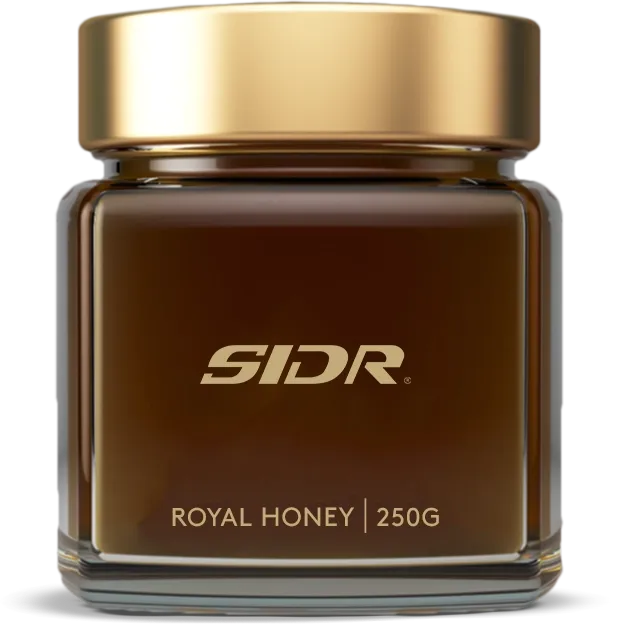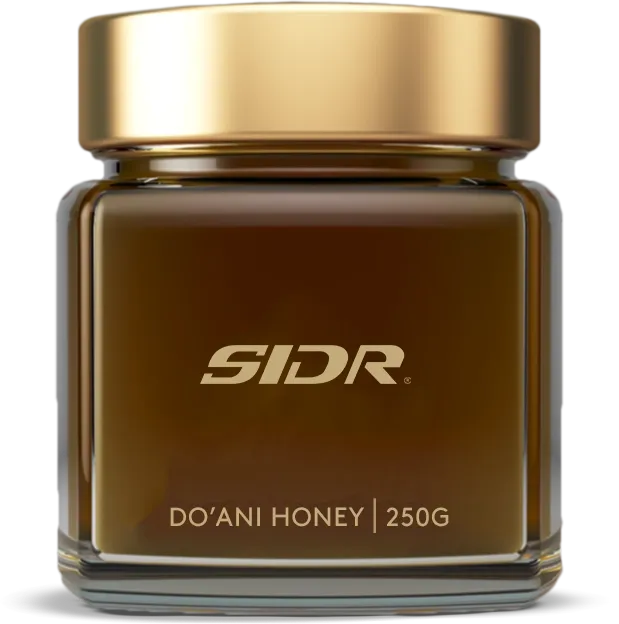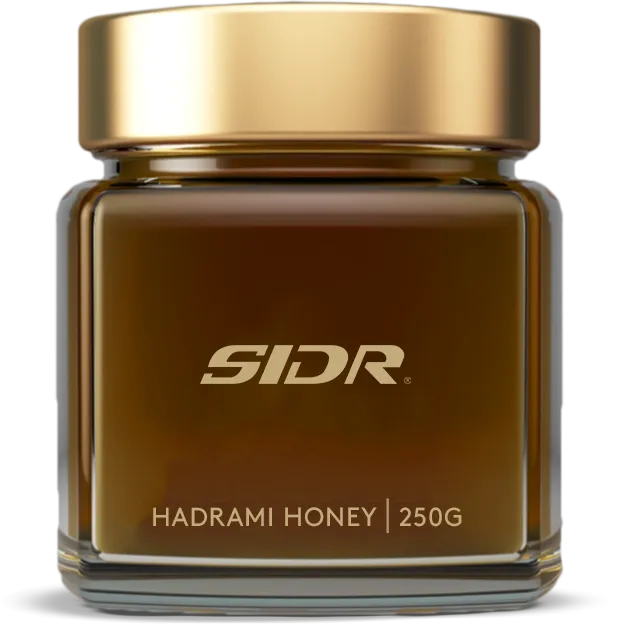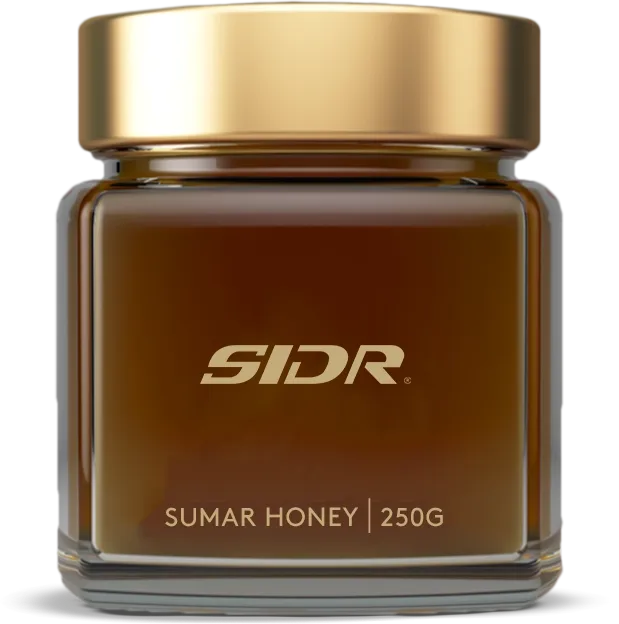When can babies have honey?
Views: 2079Overview
Exposing your baby to a variety of new foods and textures is one of the most exciting parts of the first year. Honey is sweet and mild, so parents and caregivers may think it’s a good choice as a spread on toast or a natural way to sweeten other items.
However, experts recommend waiting until after your baby’s first birthday to introduce honey into their diet. This includes mass-produced honey, raw and unpasteurized honey, and local honey. This food rule also applies to all foods and baked goods containing honey.
Risks, Benefits, and Tips
Risks
The primary risk of introducing honey too soon is infant botulism. Babies under 6 months of age are at the highest risk. While this condition is rare, most of the cases reported are diagnosed in the United States.
A baby can get botulism by eating Clostridium botulinum spores found in soil, honey, and honey products. These spores turn into bacteria in the bowels and produce harmful neurotoxins in the body.
Botulism is a serious condition. Some 70 percent of babies who get botulism may require mechanical ventilation for an average of 23 days. The average hospital stay for botulism is around 44 days.
There may be many small improvements followed by setbacks. Most babies recover with treatment. The fatality rate is less than 2 percent.
Other liquid sweeteners, like molasses and corn syrup, may also carry a risk for botulism. Maple syrup is generally considered safe because it comes from inside a tree and cannot be contaminated by soil.
Still, some doctors do not recommend giving babies sweeteners until after their first birthday. It’s best to check with your pediatrician before offering sweeteners as part of your child’s diet.
Botulism Symptoms
The most common symptoms of botulism include:
- Weakness, floppiness
- Poor feeding
- Constipation
- Lethargy
Your baby may also be irritable, have trouble breathing, or have a weak cry. A few babies may also experience seizures.
Symptoms typically show up within 12 to 36 hours of eating contaminated foods and often begin with constipation. However, some infants with botulism may not show signs until 14 days after exposure.
Some of the symptoms of botulism, like lethargy and irritability, may lead to an incorrect diagnosis of other conditions, like sepsis or meningoencephalitis, so it’s important to let your baby’s doctor know if they’ve eaten honey.
Getting a proper diagnosis will ensure your baby gets the appropriate treatment.
If your baby has any symptoms of botulism and has recently consumed honey, you should treat it as an emergency. Head to your local emergency room as soon as possible.
Benefits of Honey
Honey has been suggested to have a number of nutritional benefits that your baby can enjoy after they reach 12 months in age. Honey contains trace amounts of:
- Enzymes
- Amino acids
- Minerals
- Antioxidants
It also contains modest amounts of B vitamins and vitamin C. The nutritional value in your honey depends on the sources, as there are over 320 varieties.
Honey is also sweeter than standard sugar. That means you can use far less of it than you would sugar and still get great flavor.
Other possible benefits include:
- It may act as a cough suppressant, but shouldn’t be used in children under 12 months of age.
- It may help with wound healing when applied topically. Again, this method should not be used in children younger than 12 months because botulism can enter the body through broken skin.
If you’re looking to get the nutritional benefits of honey, it may be best to stick with varieties that are not processed. Even then, you’d need to eat quite a bit to truly get nutritional value. In fact, a tablespoon of honey doesn’t provide your body with much benefit beyond added calories.
So, this ingredient is best when used sparingly. Also, read your labels carefully, as some regular varieties may contain added sugars and other ingredients.
Is Raw Honey Better than Other Types of Honey?
Raw honey is honey that hasn’t been filtered or processed in any way. It comes directly out of the beehive and contains all the natural vitamins, minerals, and other healthy compounds found in filtered and processed honey. Raw honey may contain a slightly higher pollen count, so if you’re using honey to try to relieve seasonal allergies, raw honey may provide more benefits.
Raw honey can still cause botulism when consumed by babies under 1 year. Raw honey may also be more expensive than filtered or processed honey.
How to Introduce Honey
As with all added sweeteners, you don’t need to be in a hurry to give honey to your baby. If you want to introduce honey, incorporating it may be as simple as adding a bit to their favorite foods. As with any new food, it’s a good idea to introduce honey slowly.
One method is the “four-day wait” approach to see if your little one has a reaction. To use this method, give your child (if they’re older than 1 year) honey, and then wait four days before adding it in another totally new food. If you see a reaction, contact your pediatrician.
To add honey to your baby’s diet, try any of the following:
- Mix honey into oatmeal.
- Spread honey onto toast.
- Mix honey into yogurt.
- Squeeze honey into a homemade smoothie.
- Use honey instead of maple syrup on waffles or pancakes.
If your child is too young to try honey, consult with your pediatrician. You may try using maple syrup as a substitute in recipes. Agave nectar is another option that is similar to honey without the risk of infant botulism.
Raw Honey can be a nice addition to your baby's diet, but it's important to wait until after 12 months of age.
Disclaimer
You should always consult with your physician or other health care professional before taking any nutritional, herbal remedies or adopting any health advice, whether offered on the Site or otherwise.
you may also try
didn’t get the answer you were looking for?
contact us


